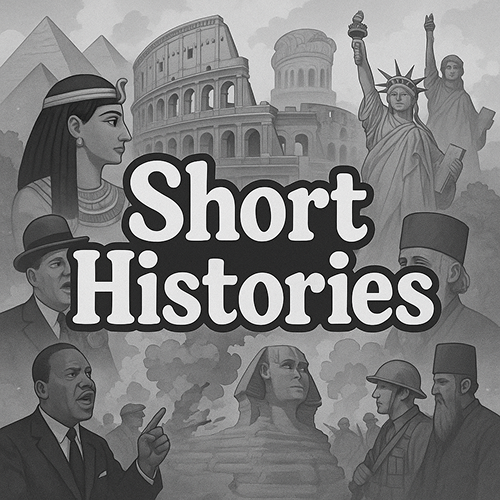In the rugged heart of ancient Laconia, a land kissed by harsh sun and harder soil, there rose a people unlike any the world had seen. Sparta. No marble towers. No grand libraries. No pursuit of art or poetry. Sparta’s purpose was singular, to forge men into literal weapons.
Theirs was not a city of wealth, but of strength. Not of words, but of deeds. Their homes were stone, their meals were sparse, their laws merciless. Yet from this barren land rose warriors who would be remembered for millennia.
The Blood of Legends
The Spartans believed themselves descendants of Heracles, the mighty Hercules of myth, whose strength and will had been gifted to them by the gods themselves. They called their land Lacedaemon, after their legendary first king. From their earliest days, they understood survival was not given, it was earned.
Boys born weak were cast from cliffs at Mount Taygetus. Strength wasn’t celebrated, it was expected. Sparta’s rivals in Athens might build democracy, sculpture, and philosophy, but Sparta built something simpler: fear.
The Agoge: Where Boys Became Wolves
At age seven, a boy’s life was no longer his own. He was stripped from his family and enrolled in the Agoge, Sparta’s brutal education system. Here, they learned three things: pain, obedience, and survival.
They fought each other bare-handed, teeth bared like wolves. They were taught to steal, not for greed, but for cunning. If caught? They were beaten, not for the theft, but for the failure. Hunger gnawed at them like a second skin. Comfort was weakness. Tears were punished.
By twelve, they slept on reeds plucked from riverbanks with no blankets but the bruises on their backs. They learned to endure humiliation, lashings, and deprivation with silence. To show pain was to dishonor Sparta.
Leadership was for the strongest of mind, not just muscle. They were taught strategy, deception, and how to kill efficiently, without hesitation.
Women of Iron Will
Unlike in other Greek states, Spartan women were not cloistered. They ran, wrestled, and trained. They spoke their minds. Why? Because only strong women could bear strong sons. “If you return without your shield, do not return at all,” they said, not as cruelty, but as expectation. A Spartan mother’s love was harsh, but it was pure.
Spartan women ruled their households and managed estates while men trained or fought. They wielded rare freedom in a world where most women were silenced. They birthed the next generation of warriors with pride, knowing death on the battlefield was not a tragedy, it was glory.
The Phalanx: An Army of One
The Spartan army wasn’t made of individuals, it moved as a single entity, the phalanx. Shield pressed to shield, spear to spear, every man trusted the one beside him to guard his life. Cowardice broke formation; courage held the line.
They marched in silence, fought in unity, died together. They weren’t the largest army, they weren’t the most technologically advanced but they were unbreakable.
Relations with the Greeks: Brothers, Rivals, Enemies
The Spartans distrusted outsiders, even fellow Greeks. They rarely spoke at the Panhellenic councils unless necessary. Athens was their greatest rival, brains versus brawn, democracy versus discipline. Sparta ruled through dominance, not debate. They crushed uprisings in Messenia, held sway over the Peloponnesian League, and watched with wary eyes as Athens grew fat on trade and words.
Yet, in times of necessity, they stood united against common threats. Persia would soon learn this the hard way.
The Making of the 300
The legend was not born overnight, the Battle of Thermopylae was the culmination of centuries of discipline. King Leonidas I, handpicked 300 of his finest not just for their strength, but because each had living sons to carry their bloodline. They marched, not to victory, but to immortality.
They stood with Greek allies, outnumbered beyond comprehension, against the full might of Xerxes’ Persian empire. Three days they held the pass, turning mountains red with blood. Their shields bore the weight of ten thousand strikes, their spears broke against waves of flesh and iron.
Betrayed, encircled, they died as Spartans do: standing. Their deaths became legend. Their stand became eternal.
Next Time: The Spartans Final Part — Thermopylae and the Legacy of Lacedaemon
The last stand of Leonidas in vivid detail, and how the Spartans’ name became forever etched in the annals of history.
Please go back to top & scroll gently

